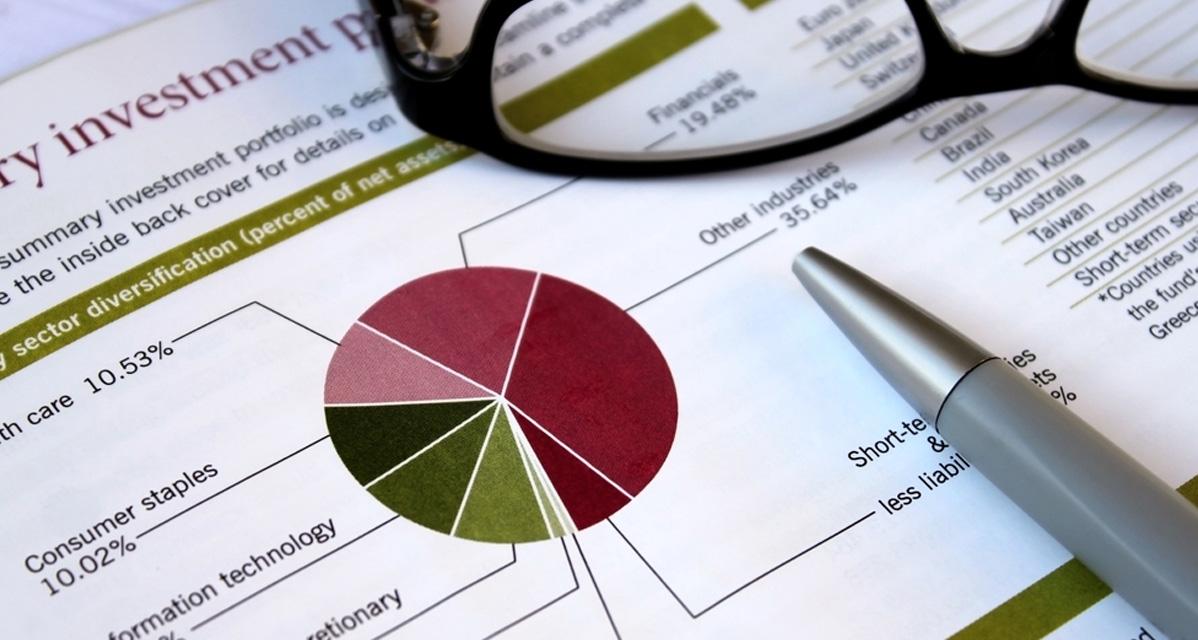Portfolios Continue to Advance

At the close of business last Friday, global equities advanced slightly for the week. The yield on the US 10-year Treasury note declined to 1.53% from a week ago at 1.59%, while the price of a barrel of West Texas Intermediate crude oil dropped to $75.50 from $80.81. Volatility, as measured by the Cboe Volatility Index (VIX), rose to 17.6 from 16.5 on the week.
MACRO NEWS
The Delta variant of the coronavirus, first detected in India a little less than a year ago, now represents 99% of COVID-19 cases analyzed through genomic sequencing globally, making it more prevalent than any other strain.
CANADIAN ECONOMIC NEWS
Data showed that Canada’s annual inflation rate accelerated again in October, matching a February 2003 high, led by sharp rises in gasoline and housing prices. Inflation rose to 4.7%, in line with expectations, up from 4.4% in September. It was the seventh consecutive month in which headline inflation topped the Bank of Canada’s 1% to 3% control range.
US ECONOMIC NEWS
The following is a recap of the S&P 500 Index earnings for the third quarter of 2021:
- The term inflation was mentioned at least once during the conference calls of 290 companies
- The materials sector reported the highest earnings growth of the eleven sectors at 90%
- Earnings growth of 39% was the highest since the second quarter of 2010
- 82% of companies exceeded EPS estimates (fourth highest percentage since 2008)
- 56 companies provided positive EPS guidance (fourth highest number since 2006).
- The S7P 500 is up by a whopping 25.08% year to date
- Goldman Sachs expects the S&P 500 Index to rise by a more modest 9% by the end of next year on decelerating economic growth, a tightening Fed and rising real yields
Impactful US infrastructure law
US President Joe Biden signed a bipartisan infrastructure bill that will cost more than $1 trillion. The package will put $550 billion of new funds into transportation, broadband and utilities, as well as $110 billion into roads, bridges and other major projects. The United States will invest $66 billion in freight and passenger rail, including potential upgrades to Amtrak, direct $39 billion into public transit systems, put $65 billion into expanding broadband and $55 billion into improving water systems and replacing lead pipes. They will provide funding over a five-year period and it could take months or years for many major projects to start.
EUROPEAN ECONOMIC NEWS
Eurozone growth and inflation
Persistent supply chain bottlenecks and soaring energy costs are slowing euro zone growth and will keep inflation high for even longer than had been thought. The ECB has been banking on a rapid decline in inflation next year, but policymakers are now openly admitting that their forecasts, already revised up several times, are still too low. However, they continued to push back on calls and market bets for tighter policy, repeating the ECB’s message that conditions for higher interest rates are unlikely to be met next year as inflation is still expected to return to below the bank’s 2% target further out.
Europe setting COVID-19 records
The latest wave of COVID-19 cases is hitting Europe hard, with several countries seeing record numbers of daily infections. Austria will enter a fourth national lockdown, Germany shattered new records, and the Netherlands reported a record number of cases for the fourth day in a row, leading to a partial lockdown. Meanwhile, Belgium has mandated working from home and indoor mask use, the Czech Republic will limit unvaccinated people’s movement from next week, and Slovakia’s unvaccinated population will be placed under lockdown starting Monday.
JAPAN, CHINA and EMERGING MARKETS ECONOMIC NEWS
Evergrande default likely
S&P Global Ratings said that highly indebted property developer China Evergrande will probably default because the company has essentially lost its principal business. Like many Chinese developers, the company sold apartments to consumers before they completed construction, helping to generate capital for future projects. But that cash flow cycle is running into problems. We believe that despite the company’s ability to sell assets and make payments on time, Evergrande’s massive debt will catch up with it.
China’s property woes worsened In October on a decline in construction starts and sales of new and resold homes, according to the National Bureau of Statistics of China. Prices of new homes dropped, on average, 0.2% from September, the first decline since March 2015. In the resale market, prices slumped in all but six of the seventy major cities tracked by the bureau. New construction starts plunged 33.1% on the year in October, extending the 13.5% fall in September, while overall investment by developers in projects dropped 5.4%, deepening from the 3.5% decline a month earlier.
Biden-Xi virtual summit
US President Joe Biden and Chinese President Xi Jinping met virtually Tuesday in the closest communication between the two countries’ leaders since Biden took office in January. Both sides noted points of tension and issued public statements after the meeting that emphasized ways to avoid conflict. The closely watched conversation between the leaders of the world’s biggest economies appeared to yield no immediate outcome but was widely seen as a joint effort to improve icy relations and avoid direct confrontation.

